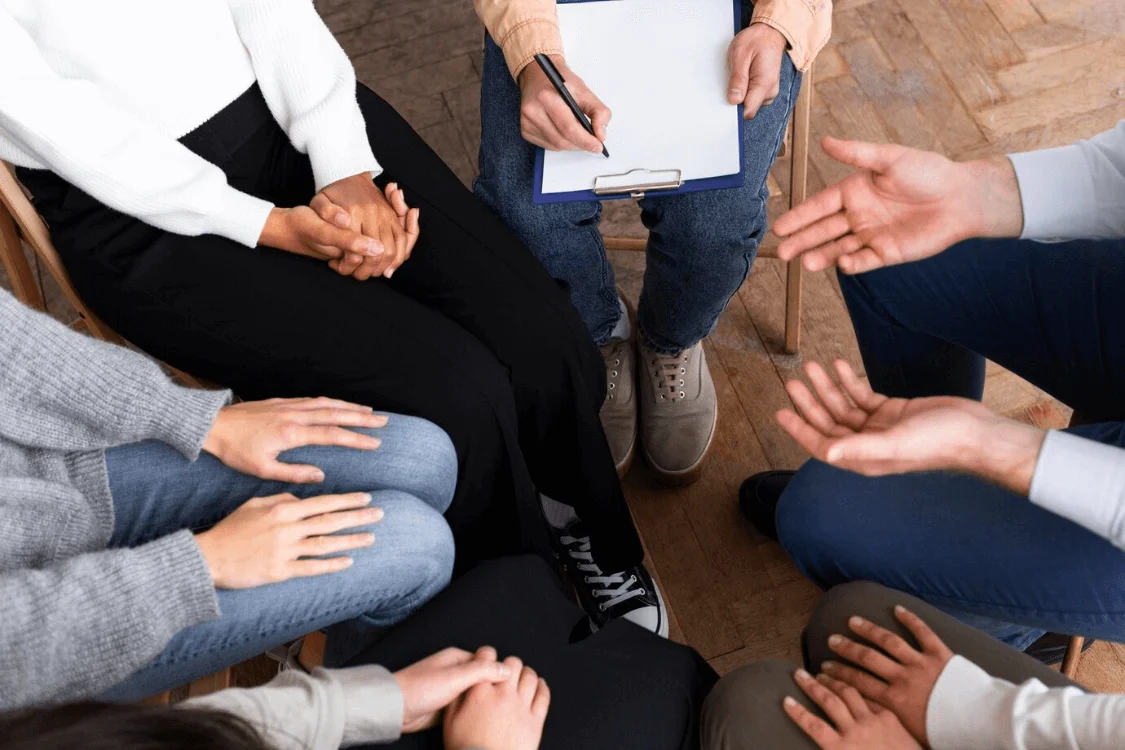
Digital Detox: How to Break Social Media Addiction
Over time, as we enter the 21st century, technology has become a more significant aspect of day-to-day life than anything else. In particular, social media platforms have been used to streamline many things, such as marketing, hearing the latest news, building connections, etc. Social media apps have also been a major source of where people draw boundaries for self-esteem despite it being easy to see superficial things in each notification you receive. The longer you scroll, the less mindful you become about social media use.
Why is Social Media Addictive?
The addictive nature of social media stems from the fact that, similar to drugs, the validation that social media provides through views, likes, or comments can trigger the release of dopamine, which then reacts with neurotransmitters that cause the formation of addiction pathways in the brain which makes it hard to break the habit of spending time on social media platforms.
The more you engage with social media and receive dopamine, the more the brain wants to repeat the action. This results in spending more time on social media to get the same feeling.
When is Social Media Use Considered an Addiction?
Addiction to social media can be defined as the urge to spend several hours a day on social media to the point that it interferes with personal, real-world relationships.
Although there is no specific medical diagnosis for social media addiction alone, compulsive use of social media poses severe problems to both your physical and mental health. In addition, people may also have co-occurring mental health concerns such as attention-deficit/ hyperactivity disorder (ADHD), anxiety, depression or obsessive-compulsive disorder (OCD).
How to Stop Being Addicted to Social Media
Struggling with social media addiction may call for taking a break from social media. That urge to check social media can push you to go for a walk, put your phone in the other room and focus on different hobbies that will not make you turn to your phone every five minutes. Here are the available treatment options you can consider to break free from social media addiction here at Twilight Recovery:
Cognitive Behavioral Therapy (CBT)
This approach teaches patients how to distinguish the problematic thought patterns that cause excessive social media use. It focuses on understanding the interconnectivity of thoughts, feelings, and behaviors and developing practical skills to avoid the urge to check their phones.
Dialectical Behavioral Therapy (DBT)
This focuses on giving the patients new skills that will allow them to manage painful emotions and lessen relationship conflicts. This can be helpful, especially for those whose aspect of social media addiction is associated with difficulty in regulating emotions.
Psychodynamic Therapy
This therapy specializes in helping patients understand the psychological roots of why addictive behavior happens and often links current patterns and behaviors to unresolved conflicts or past traumas. It will indeed show the patients the backbone of their addiction, such as the need for validation or fear of missing out (FOMO).
Group Therapy
Group sessions are essentially designed to foster a safer environment for patients to feel safe sharing their experiences and learning from others who are going through similar challenges. This approach helps lessen the feeling of isolation that often comes with overusing social media.
Signs and Symptoms of Social Media Addiction
Despite being a new area of study, experts have identified specific signs of social media addiction, and some might include:
- neglecting or completely forgetting real-life relationships
- spending most of one’s time on social media
- inability to focus on other things beside social media
- feelings of unease when unable to access social media
- using social media to seek solace from reality
- increasing time scrolling through social media to achieve the same feeling
Break Free from Social Media Addiction at Twilight Recovery
Social media addiction usually stems from reasons such as low self-esteem which makes it easy for people to spend several hours on it to escape reality. People turn to social media to constantly have reminders about their own worst fears, or even just to fuel their insecurities about literally anything.
It takes more than just taking regular breaks from social media especially if there are underlying reasons why your world suddenly evolves around the apps from your phone. Quitting social media may be one of the toughest journeys there is out there because our social media accounts are gaining more importance as time flies by, and technology is getting more advanced.
Unfortunately, social media addiction is real and even if social media can help our lives become easier, we must learn how to regain control over your social media use in moderation. There is more to life than several minutes a day on social media.
Finding the right treatment center that specializes in addiction is important because social media addiction is a journey you do not want to go through alone.
Experience life away from a screen and overcome social media addiction with Twighlight Recovery.
Frequently Asked Questions
Why is it Hard to Control Social Media Usage?
The causes of social media addiction can be traced back to a lot of aspects in our daily lives. Social media companies do extensive research and study their algorithms closely in order to reflect the general public’s preferences.
Do I Have Dopamine Dependence if I’m Addicted to Social Media?
Technically, it is not possible to get addicted to dopamine. Our bodies naturally produce dopamine and there is no way to take it as a food or drug. But, it is possible to become addicted to an activity that increases dopamine levels.
Do I need Inpatient Rehab for Social Media Addiction?
Access to social media poses a significant challenge for inpatient rehabilitation for those dependent on it. Unrestricted access makes breaking toxic habits difficult, leading to relapses.

